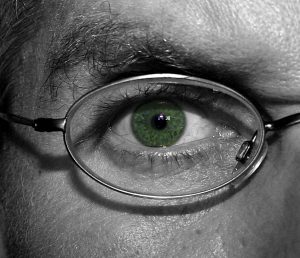What is Sensory Processing Disorder?
 Sensory Processing Disorder or SPD is a neurological condition that makes it difficult for a person to interpret and manage a variety of different sensory stimuli. All five senses may be affected as well as sensory information from within the body. This disorder used to be known as “Sensory Integration Dysfunction”.
Sensory Processing Disorder or SPD is a neurological condition that makes it difficult for a person to interpret and manage a variety of different sensory stimuli. All five senses may be affected as well as sensory information from within the body. This disorder used to be known as “Sensory Integration Dysfunction”.
Individuals with this disorder have difficulty processing information in order to accurately respond to their environment and make sense of their world. A severe functional deficit results from a person’s inability to properly evaluate sensory inputs received by the brain. Often, persons with SPD are described as “hyper-sensitive”. Inconsistent and inaccurate neuro-transmission of brain signals interferes in the process of communicating data between the senses and the brain. This stressful condition overwhelms the brain as it attempts to organize and process sensory information.
SPD is a real disorder, as opposed to a behavioral condition. Affected persons appear genuinely distressed and upset when faced with complex sensory stimuli, and day-to-day functioning is greatly impacted. Although there are individual variations in severity, this is a challenging disorder which makes it very difficult for sufferers to live a normal life.
When a person’s ability to tolerate certain foods is affected,SPD produces symptoms that are similar to certain eating disorders such as anorexia nervosa or bulimia. Long drawn-out mealtimes and a very small appetite lead to poor nutrition and significant weight loss. This goes way beyond being a picky-eater. A severe dislike of certain food types can occur as the brain struggles to incorporate sensory messages regarding taste, sight, smell, and texture of the food itself. Lack of sensory regulation may present as avoidance around certain vital foods and nutrients. Sensitive and responsive treatment and support is required, as well as careful monitoring in order to ensure adequate nutritional intake.
 Eating Disorder Self Test. Take the EAT-26 self test to see if you might have eating disorder symptoms that might require professional evaluation. All answers are confidential.
Eating Disorder Self Test. Take the EAT-26 self test to see if you might have eating disorder symptoms that might require professional evaluation. All answers are confidential.